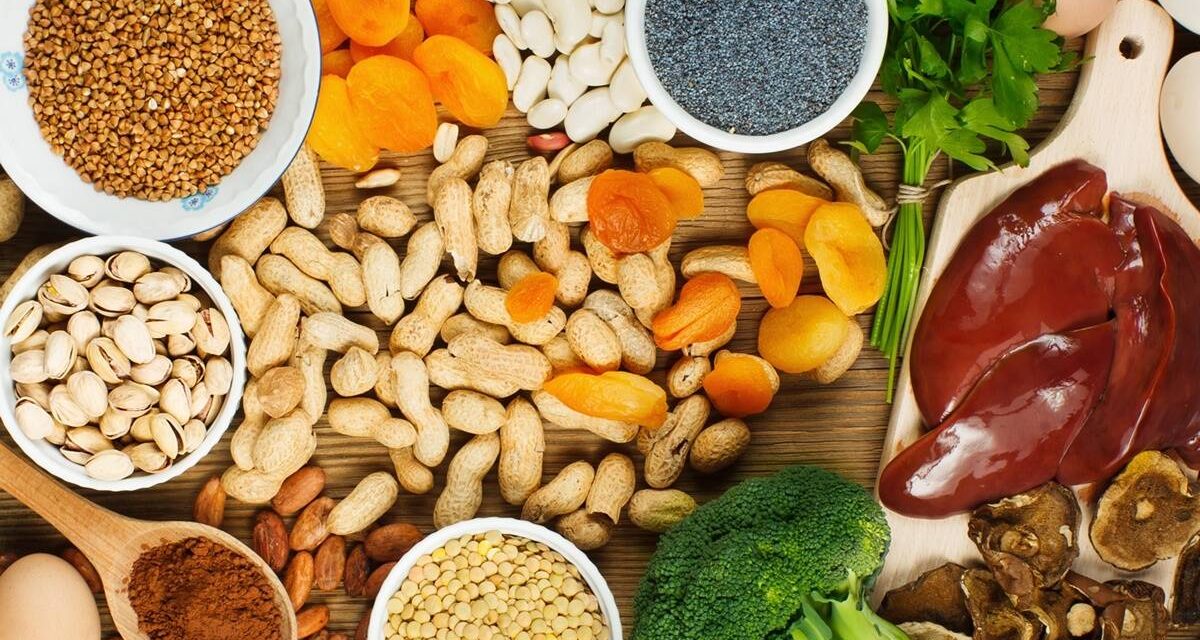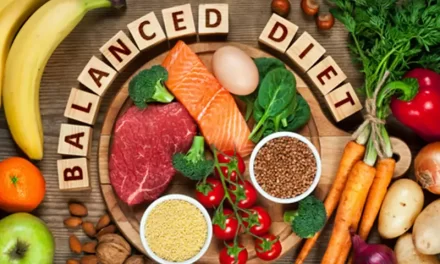Most people underestimate the impact of our eating habits on our physical and mental fitness. Of course, eating a piece of chocolate, drinking a glass of lemonade and indulging in a small piece of cake is not a problem. However, if you don’t take care of yourself, you will quickly have to struggle with the consequences of an unhealthy diet:
Obesity
Restricted musculoskeletal system
Sweating faster
Pain in the joints
high blood pressure
heart problems
diabetes
depressions
Dejection
Inner unrest
Slackness
sleep disordersAt the same time, however, it does not mean that everyone who is slim has a healthy diet. Just as a change in diet does not have the same effect on everyone. The World Health Organization (WHO) 1, therefore, does not just recommend the food pyramid.
The amount of food is also essential if you want to have a positive influence on your mental and physical health with your diet:
✅ Not too much (refined) sugar! Compared to the daily energy consumption, the amount should not exceed the ten percent limit.
✅ Healthy fats! A maximum of 30 percent of the energy expenditure should consist of fats. Vegetable fats from various oils and nuts are best.
✅ Warning, salt! Many people underestimate the importance of salt. You shouldn’t even consume five grams (iodized) a day.
On the other hand, those who pay attention to a balanced diet can already prevent many diseases and protect their physical and mental health. Do you want to know more about it? A dietetics seminar can help you shed light on different approaches and find the right path for yourself.
In this way, a healthy diet promotes your physical and mental health.
poor nutrition
You must have had a nasty cold before. They felt tired, drained and just wanted to sleep all day. In addition, some headaches and aches and pains affect you physically. So that things don’t get that far in the first place, a balanced diet is the be-all and end-all. This is how you push your immune system and your body. These foods will help you keep your body fit:
Citrus fruits are especially good for getting through the winter as they contain a lot of vitamins.
Sweet potatoes and quinoa will help you build muscle.
Kiwis promote cell build-up.
Nuts are suitable for the skin.
Natural yogurt regulates your intestinal flora.As you can see, eating a healthy diet brings many benefits to your physical and mental health.
This is how you improve your physical health with your diet.
Sport is good for you. We all know that. Just as we know that a balanced diet is suitable for both our physical and mental health. We are fitter, more productive and feel good when we eat healthily.
Experts recommend eating at least five servings of fruits and vegetables a day. That sounds like a lot at first, but it’s not at all:
Breakfast: oatmeal with fruit
Lunch: salmon with salad
Dinner: vegetable soup
Snack: appleIn this way, you can get the recommended amount of healthy food in no time without making a lot of effort.
A healthy diet is a basis for a functional body and well-being. Even so, there is no such thing as a healthy diet. Find out in our article what healthy eating is and which ten tips will help you implement it.
A healthy diet is a basis for a healthy life. It promotes performance and well-being and gives the organism what it needs. Since everyone is different and everybody has different nutritional requirements, there is no general recommendation for a healthy diet. The following tips will help make your diet healthier and thus have a significant impact on your physical health and performance.
I am eating healthy and losing weight.
Proper nutrition is essential for both weight loss and muscle building. Ultimately, these goals are all about the calorie balance. Without a calorie surplus or a calorie deficit, you will not gain or lose weight. So let yourself determine your calorie requirement in a calorie calculator. We recommend a moderate calorie deficit of 300 – 500 calories for long-term weight loss success.
With a balanced diet, you ensure that your body is also in the calorie is insufficiently supplied with all the necessary nutrients.
Before you change your diet, we recommend that you try our free body check. Define your goals, have your BMI calculated and receive individually tailored nutrition and training tips. The perfect basis for your nutrition plan.
Healthy Eating: 10 Tips
The German Nutrition Society has formulated rules that should make it easier to eat healthily. ¹ In the following, we give you ten tips for your everyday life on this basis.
Tip 1: Take advantage of the variety of foods
No food contains all of the nutrients you need. A healthy diet should therefore be varied to supply the body optimally. A combination of low-energy and nutrient-rich foods, such as vegetables and whole-grain products, is ideal.
Benefits of plant-based foods :
No cholesterol
High fibre content
Provide minerals, vitamins and phytochemicalsDisadvantages of animal foods:
Deliver cholesterol
A high proportion of saturated fatty acids
Contain purinesFor this reason, plant-based foods should predominantly be used. For a healthy diet, animal foods should only be included in a smaller proportion in the nutrition plan. Fats, oils and foods with a high sugar content should be consumed exceptionally sparingly.
Healthy breakfast – start the day with power
Eat like an emperor in the morning? This adage is no coincidence: a healthy breakfast is essential so that you can get through your day full of energy. For the protein kick in the morning, we, therefore, recommend our organic protein muesli. Fine soy flakes provide you with energy for your muscles. Nuts, seeds and berries complete the taste experience. Convince yourself:
Tip 2: Eat as natural and unprocessed as possible
A healthy diet should only consist of a minimal amount of processed foods. Even when shopping, fresh groceries can preferably end up in the shopping cart.
Healthier alternatives to processed foods:
Dried fruit instead of confectionery
Home-cooked dishes made from fresh ingredients instead of ready-made products
Freshly squeezed juices instead of the sugary supermarket productsThose who prepare their meals from fresh and unprocessed ingredients have control over what is included. The less they are pre-cooked or processed, the healthier they are usually.
Delicious protein replenishment: 30 g protein in 100 g peanut butter
Unprocessed alternatives, such as pure organic peanut butter without additives, should therefore be used more often. Peanut butter tastes particularly delicious on protein bread with bananas. The best thing about it? There is a whole 30 g of protein in 100 g of peanut butter. Curious?





